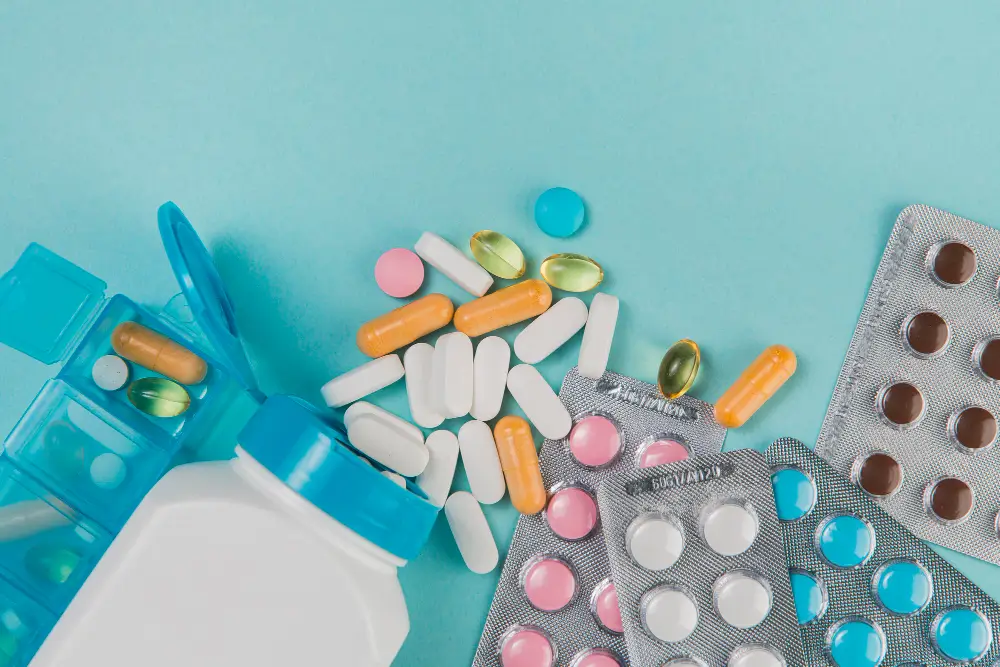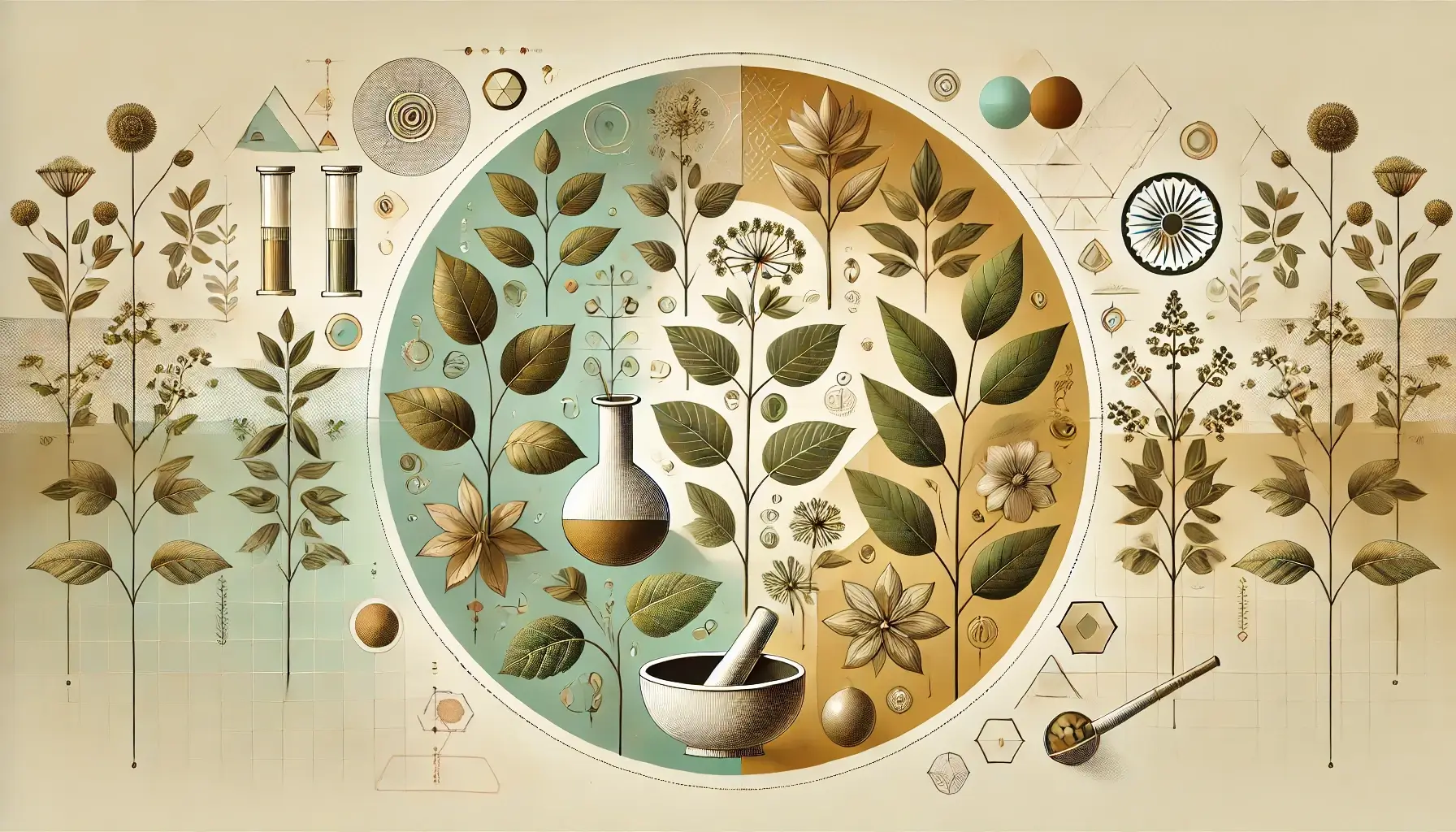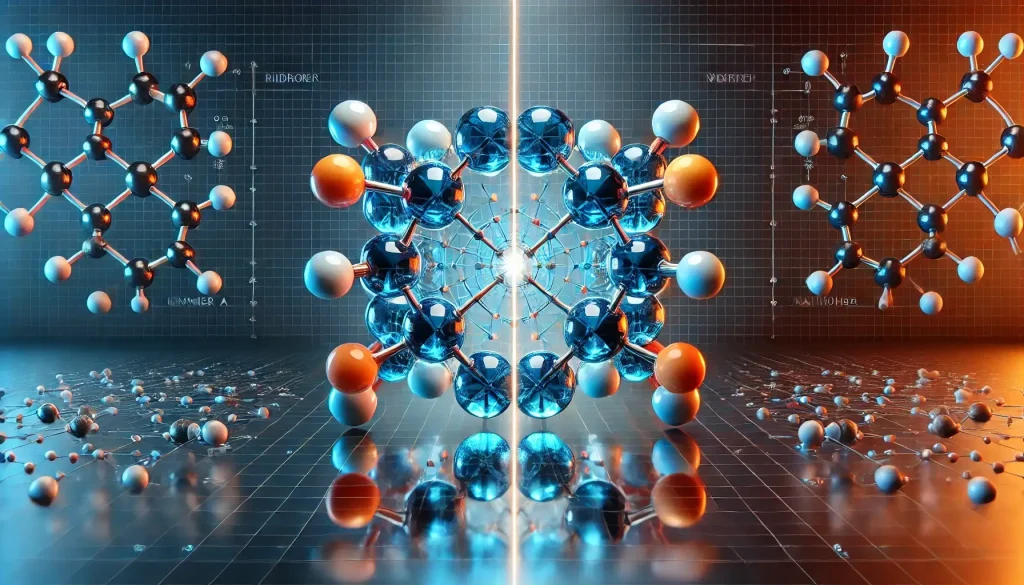Pharmacodynamics & Drug Interaction U-2 Notes
Buy Premium
Get The High-Quality Pdf Notes on App
Pharmacodynamics
- Pharmacodynamics
- Receptor Theories
- Classification of Receptors
- Regulation of Receptors
- Drug-Receptor Interactions
Signal Transduction Mechanisms
- Signal Transduction Mechanisms
- G-Protein–Coupled Receptors (GPCRs)
- Ion Channel-Linked Receptors (Ligand-Gated Ion Channels)
- Transmembrane Enzyme-Linked Receptors
- Transmembrane JAK-STAT Binding Receptors
- Intracellular Receptors Regulating Transcription Factors
- Dose-Response Relationship
- Therapeutic Index (TI)
- Combined Effects of Drugs
- Factors Modifying Drug Action
- Adverse Drug Reactions (ADRs)
- Drug Interactions
Drug Discovery and Clinical Evaluation
- Drug Discovery Phase
- Preclinical Evaluation Phase
- Clinical Trial Phase
- Pharmacovigilance
Other Units of Pharmacology I
Pharmacology I
Other Subjects of B Pharmacy 4th Semester
Topic wise notes of:
Medicinal Chemistry I
- Fundamentals of Medicinal Chemistry
- Drugs Acting on the Adrenergic Nervous System
- Cholinergic neurotransmitters
- Drugs acting on Central Nervous System
- CNS Drugs: Anesthetics, Analgesics and Anti-Inflammatories
Topic wise notes of:
Physical Pharmaceutics II
- Colloidal dispersions
- Rheology & Deformation of solids
- Coarse dispersion
- Micromeretics
- Drug stability
Topic wise notes of:
Pharmacognosy & Phytochemistry I
- Pharmacognosy: Sources, Classification, and Quality Control
- Conservation and Cultivation of Medicinal Plants
- Plant tissue culture
- Role of Pharmacognosy and Secondary Metabolites
- Drugs of Natural Origin: Plant, Marine, and Primary Metabolites
General Pharmacodynamics– Drug Action and Development Summary
Unit II expands on core concepts of general pharmacology, focusing on pharmacodynamics and the clinical aspects of drug use. It begins with the principles and mechanisms of drug action, including various receptor theories and their classifications. The unit provides a detailed explanation of receptor regulation and the complex drug-receptor interactions, which form the basis for therapeutic effects.
Furthermore, key signal transduction mechanisms are discussed, including G-protein–coupled receptors, ion channel receptors, enzyme-linked receptors, JAK-STAT pathways, and nuclear receptors that regulate transcription. These mechanisms explain how drugs trigger cellular responses. Additionally, the dose-response relationship and concepts like therapeutic index, combined drug effects, and factors modifying drug action are explored to understand drug safety and efficacy.
The unit also addresses adverse drug reactions (ADRs), including their types, causes, and clinical relevance, which are critical for patient safety. It covers drug interactions, both pharmacokinetic (absorption, metabolism) and pharmacodynamic (effect-based), which can alter therapeutic outcomes.
Finally, the process of drug discovery and development is outlined, detailing the preclinical and clinical trial phases, as well as the role of pharmacovigilance in monitoring drug safety post-marketing. This unit builds a strong foundation in understanding both how drugs work and how they are safely brought to market.
At FirstHope, we provide BPharm notes that are topic-wise, easy to understand, and designed strictly as per the AKTU and Other Universities, hence designed according to PCI syllabus.
Thank you for reading from Firsthope's notes, don't forget to check YouTube videos!




